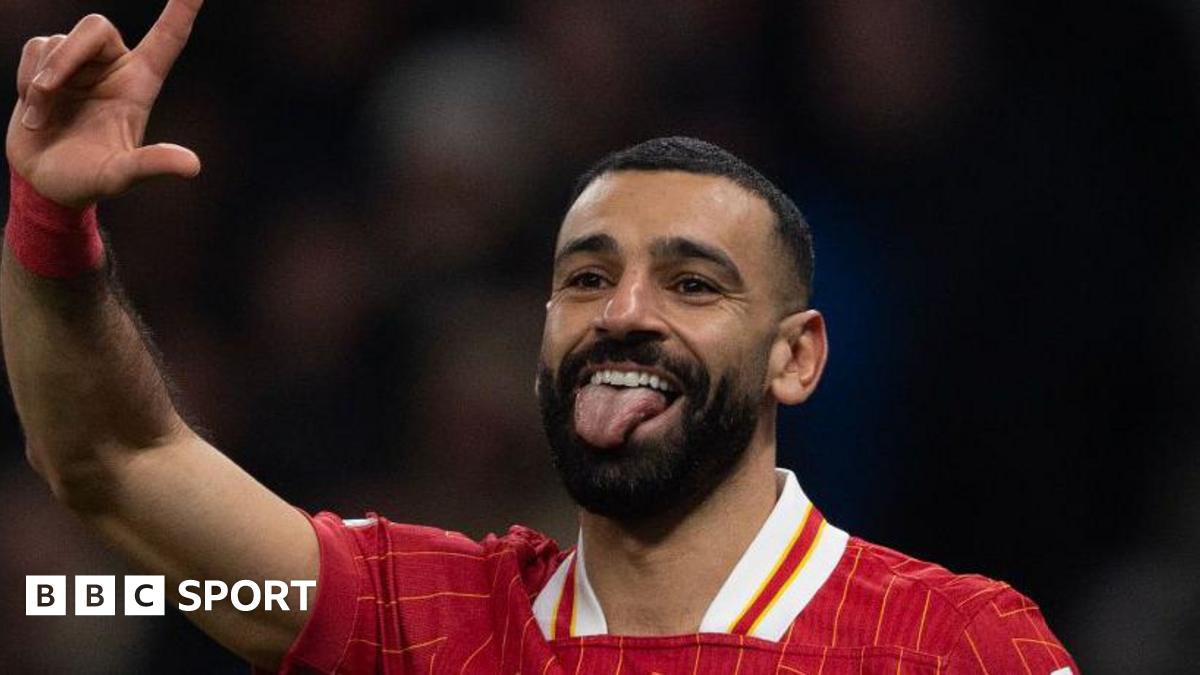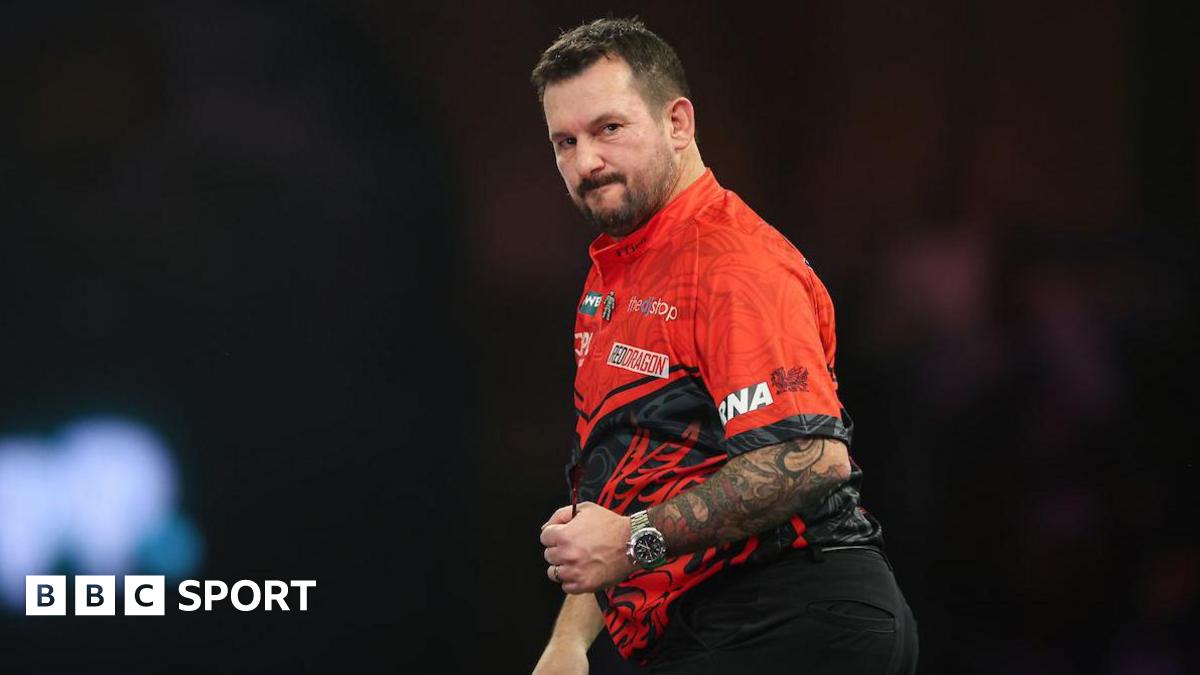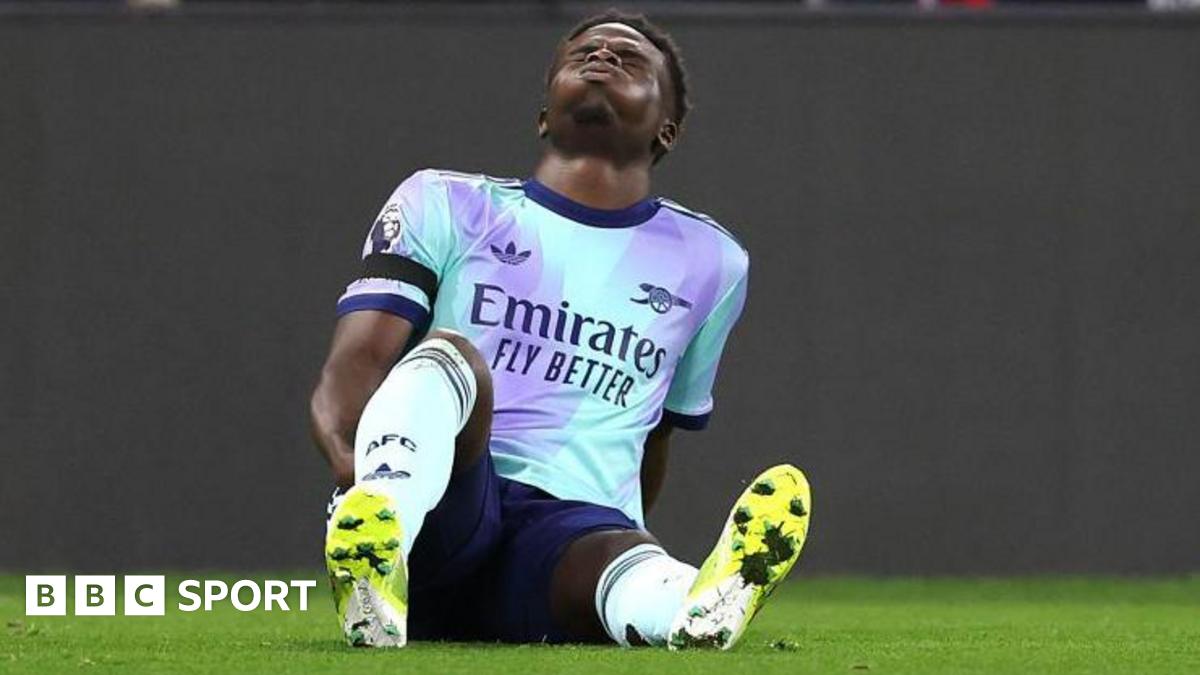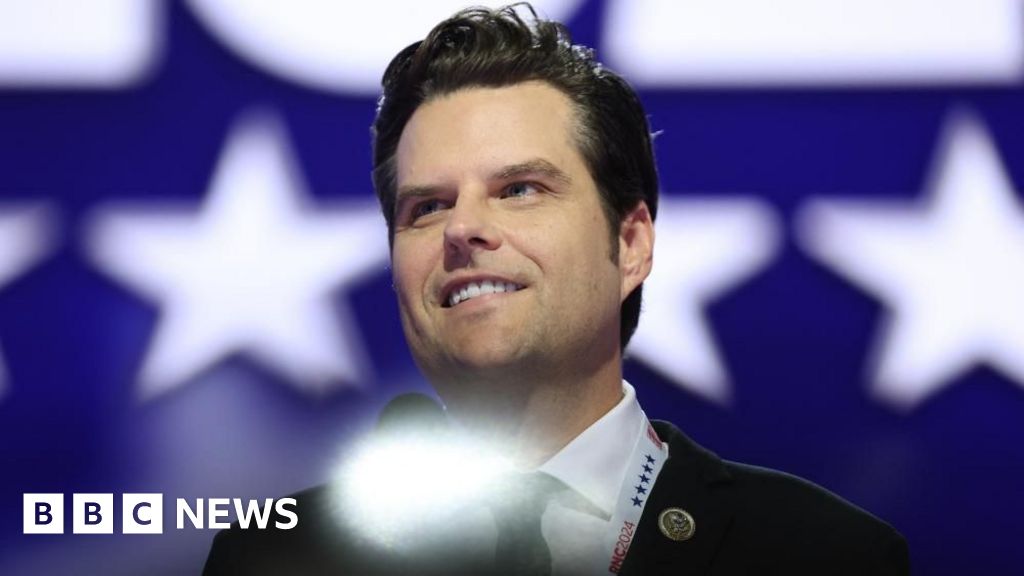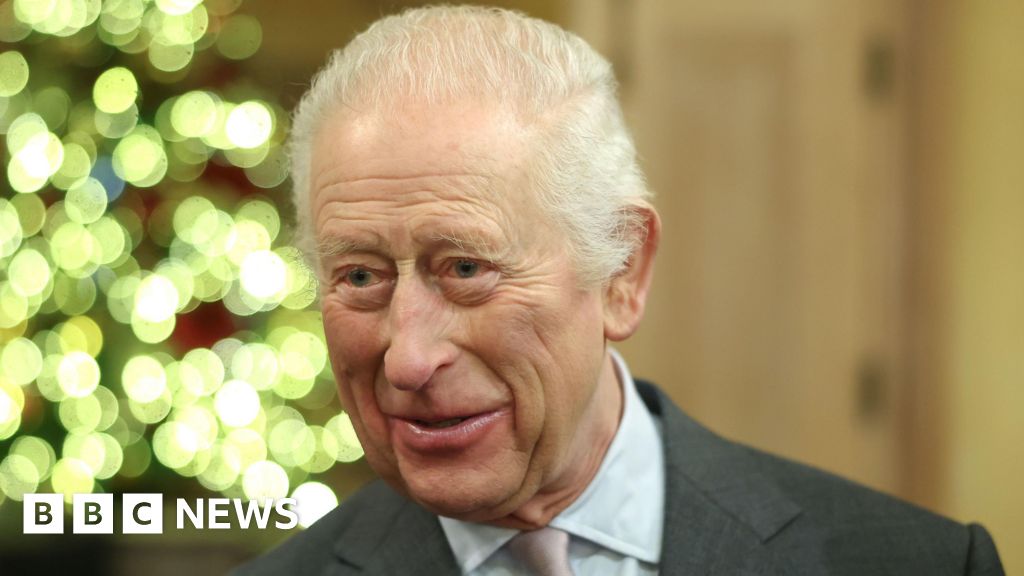Minimum starting salaries will be equal for men and women in domestic cricket from 2025.
The women’s domestic structure is being revamped from next season, with eight first-class counties hosting Tier 1 teams, rising to nine in 2026 and 10 in 2027.
At those counties, the minimum salary for a 'rookie', typically a man or woman’s first professional deal, will be £20,000. That will rise to £28,000 at 'senior pro' level, in reality when a player has made a certain number of first-team appearances.
A three-tiered county structure will replace the current regional model as part of a plan from the England and Wales Cricket Board (ECB) to increase investment in women’s domestic cricket to £19m per annum by 2027.
The Tier 1 counties are Durham, Essex, Hampshire, Lancashire, Nottinghamshire, Somerset, Surrey and Warwickshire. Yorkshire will join in 2026 and Glamorgan in 2027.
Those counties will align with the men in the T20 Blast and One-Day Cup from next season.
Overall, the Tier 1 counties will be required to have a minimum of 15 contracted players. Those counties will be required to invest a minimum of £500,000 on player salary costs from 2025, but not exceed £800,000.
The minimum a first-class county can spend on total men's salaries is about £1.5m and the maximum is about £3m.
At the moment, regions have £250,000 to spend on salaries and the average women’s pay is £25,000 per year. Rookie contracts do not exist in the women’s game.
Last summer, the Independent Commission for Equity in Cricket (ICEC) published a report that said discrimination, including sexism, is “widespread” in English cricket.
It said England women were paid 25% of their male counterparts’ fees for white-ball matches and 15% for Tests.
In response, the ECB equalised men’s and women’s match fees in August 2023.
In September of last year, the ECB stopped short on committing to all of the ICEC's recommendations on equal pay, which include equal average salaries at international level by 2030, equal salaries for The Hundred by 2025 and equal average pay and prize money in other domestic cricket by 2029.
At the moment, the ECB is not able to set a timeframe for achieving equality in all pay.
However, it has opened the process for selling stakes in the eight Hundred teams, and third-party investment seems likely to result in greater pay for all players.

 2 months ago
19
2 months ago
19
